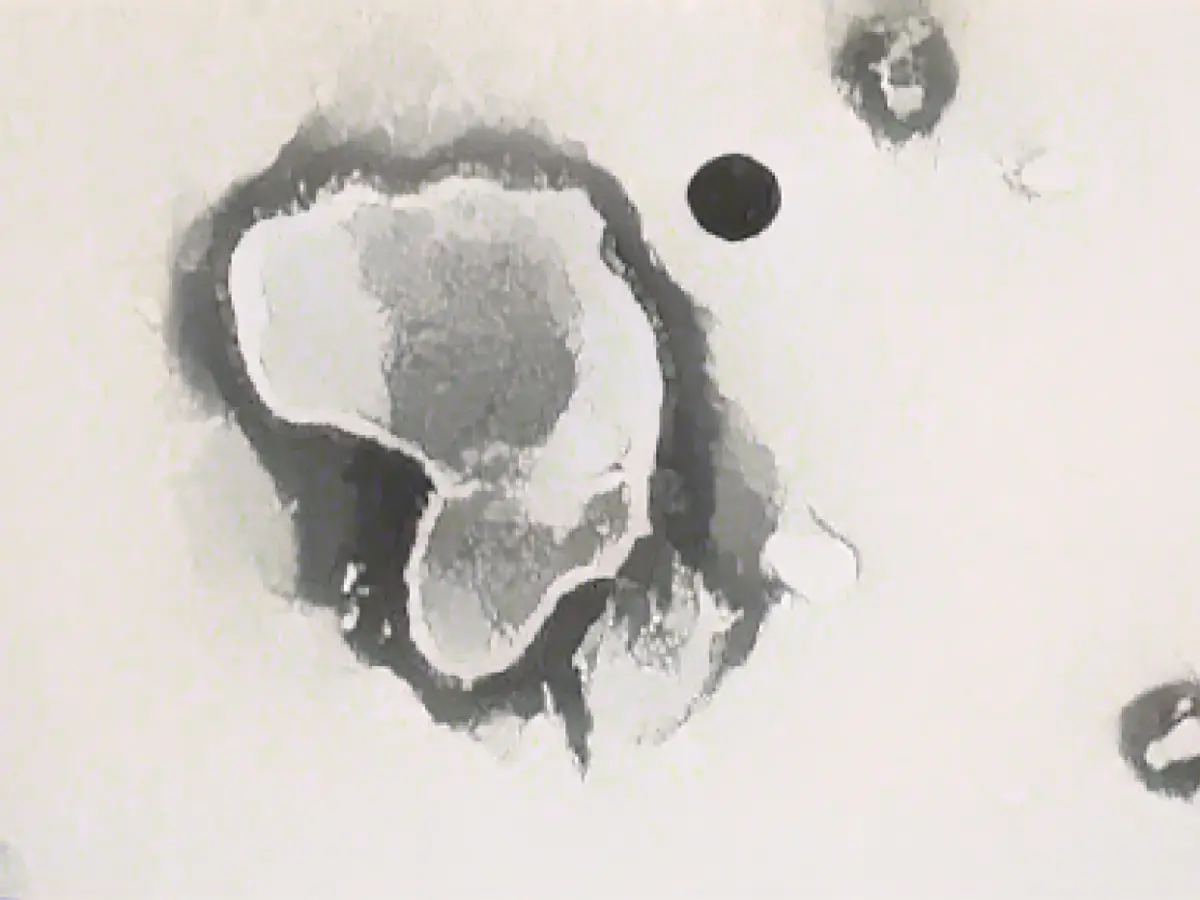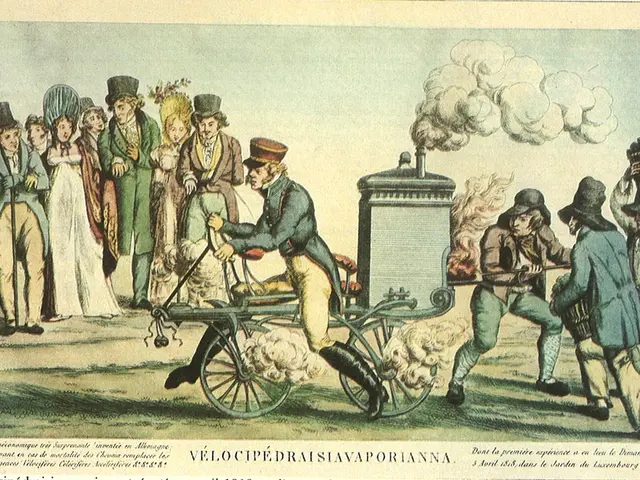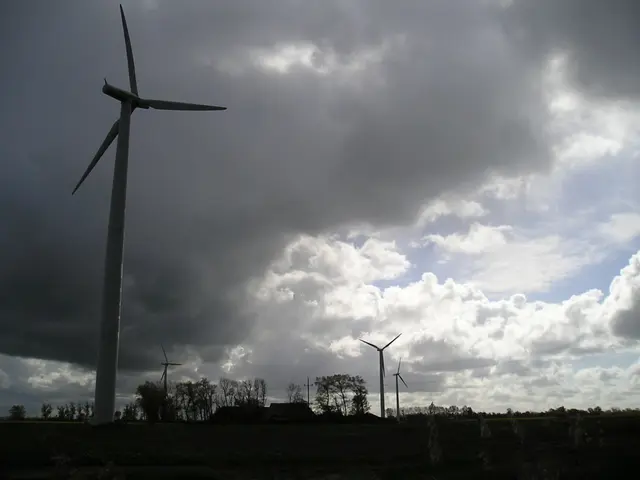US FDA Greenlights First-Ever Elderly RSV Vaccine After Six Decades of Development
On a recent hump day, the U.S. Food and Drug Administration (FDA) green-lit Arexvy from GlaxoSmithKline (GSK) for use as a single injection in individuals aged 60 and above. The vaccine may become available this fall, pending recommendations from the Advisory Committee on Immunization Practices at the Centers for Disease Control and Prevention, which plans to meet in June.
Older adults, particularly those with preexisting conditions like heart or lung diseases or weakened immune systems, face a high risk of severe RSV illness. According to Dr. Peter Marks, Director of the Center for Biologics Evaluation and Research at the FDA, “RSV is a significant illness in older adults. In some years, the burden from RSV infection is almost as great as that of influenza in older adults.”
While RSV typically afflicts infants and young children, it can also pose a threat to elderly individuals. In the United States, an estimated 159,000 older adults are hospitalized yearly due to RSV, with 10,000 to 13,000 fatalities attributed to the infection every year.
“This is undoubtedly a crucial disease in older adults,” remarked Dr. Ruth Karron, Professor of International Health at the Johns Hopkins Bloomberg School of Public Health who was not involved in the vaccine's development. “In some years, the RSV burden equals that of influenza in older adults. This is indeed an impressive achievement.”
Paving the Way for a Breakthrough
In a landmark clinical trial with almost 25,000 older adults, results published in the New England Journal of Medicine showed that the GSK vaccine was 83% effective at preventing RSV-associated lower respiratory tract illnesses. More significantly, the vaccine proved 94% effective at preventing severe RSV illness, such as those requiring supplemental oxygen or mechanical ventilation, like CPAP devices.
The clinical trial defined a lower respiratory tract illness as a positive test and two or more respiratory symptoms for at least one day, including a new or worsening cough, wheezing, shortness of breath, decreased oxygen levels, or crackles in the lungs that can be heard with a stethoscope.
The Science Behind the GSK Vaccine
The GSK RSV vaccine utilizes a small fraction of the virus - a protein called the fusion protein or F-protein - that protrudes on its surface, enabling it to bind to and infect cells in the upper respiratory tract. The protein fragments are produced in the laboratory using cells that have been specifically programmed to manufacture them.
The vaccines employ a pre-fusion form of the F-protein combined with an adjuvant, which increases the immune system's response to the antigen.
In investigating the vaccine's efficacy in those most at risk - seniors with underlying conditions such as chronic obstructive pulmonary disease, heart failure, or heart disease, researchers found the vaccine to effectively prevent lower respiratory tract illnesses. Its efficacy rate was 94%.
Regarding side effects, the most frequently reported issues in clinical trials were pain and redness at the injection site and fatigue. These adverse effects typically cleared up within a few days.
Serious side effects were relatively infrequent, with conditions being balanced between the vaccinated and placebo groups. Researchers will continue monitoring safety signals as the vaccine becomes more widely available. However, the FDA has requested that GSK continue monitoring for Guillain-Barré syndrome, a neurological disorder that can lead to paralysis or weakness and is associated with both viral infections and vaccinations.
The duration of protection depends on the specific vaccine, with researchers following study participants for three years and indicating that the protection appears to last around a year. It's hoped that the protection will extend longer over time.
Other RSV Vaccines on the Horizon
Three other RSV vaccines for older adults are currently in late-stage trials: Pfizer's Abrysvo, expected to win FDA approval by the end of May, and its maternal RSV vaccine for protecting babies, likely to secure approval by the end of August; Moderna's RSV mRNA vaccine, which has wrapped up Phase 3 trials and anticipates submitting data for FDA approval soon; and Bavarian Nordic's RSV vaccine, with Phase 3 results expected to be made public this year.
Paul Chaplin, President and CEO of Bavarian Nordic, commented on the close timing of RSV vaccine launches by citing an old saying: “You wait for so long for a bus, and then three come at once.” The influx of RSV vaccines, said Chaplin, is a testament to decades of hope, with many people awaiting a safe and effective vaccine to protect against this respiratory virus.
“We've waited a long time for a viable RSV vaccine, and numerous trials have failed,” shared Chaplin. “GlaxoSmithKline is likely to be the first to receive approval, but there are others, including ours, in the works. I find it simply wonderful because RSV represents a significant unfilled medical need for many people.”








